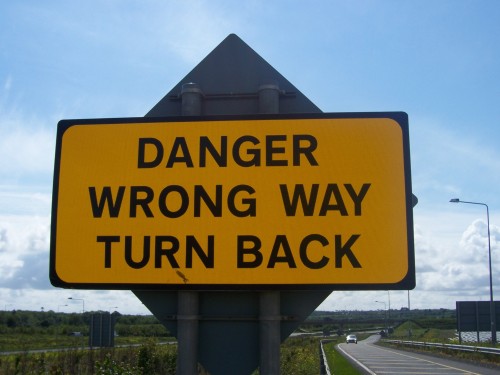 Too many salespeople—and too many companies, for that matter—rely on the tactic of beating everyone else’s price in order to make the sale. And it’s understandable why: Price is always an issue for buyers, and dropping your price to match—or undercut—a competitor’s price is an easy thing to do, requiring no thought or effort.
Too many salespeople—and too many companies, for that matter—rely on the tactic of beating everyone else’s price in order to make the sale. And it’s understandable why: Price is always an issue for buyers, and dropping your price to match—or undercut—a competitor’s price is an easy thing to do, requiring no thought or effort.
But while selling on price may secure you a quick sale or two, it’s extremely dangerous in the long run. Here are seven reasons why.
1. You will always be on the defensive.
No matter how low your price is, somebody out there will beat it. Which means you will always face price pressure on every deal. And you will always have to go lower.
2. You encourage your clients to be disloyal.
If the message you communicate to your buyers is “Price is all that matters,” then they’ll believe you. And the moment a competitor offers them a lower price, they’ll switch. Because that’s what you trained them to do.
3. You will work much harder and for less money.
Lower margins mean less profit and smaller commissions. So you have to close more deals just to survive.
4. You are making yourself obsolete.
The Internet has changed everything. It’s now possible to buy almost anything online without ever interacting with a live human being. If the only thing you’re bringing to the table is a low price, what the hell does a buyer need you for?
5. You are doing a disservice to your customer.
The lowest-price option is not necessarily the best option for a buyer. A good salesperson helps a prospect figure out which product or service will best help them solve their problem or achieve their goal and educates them as to why spending more money is worthwhile for them.
6. Your client may hate you.
If you don’t educate your buyer and simply sell them the cheapest thing, it may not be effective for them. And if the customer isn’t happy, the person they’ll blame is you.
7. You will lose the sale to someone who CAN sell on value.
Study after study has found that price is consistently at or near the bottom of the list of criteria that buyers use to make their purchasing decisions. Which means that a salesperson who can address those other, more important criteria is going to win the deal.
Selling on price may seem like a smart thing to do, but it’s really the opposite. Highlight what makes you better than your competition, justify your higher price, and focus on what will best help your buyer. You may lose an occasional deal with a rare person who is only price-focused, but you’ll more than make up for it with increased sales, higher profits and commissions, and stronger customer loyalty.

Leave a comment